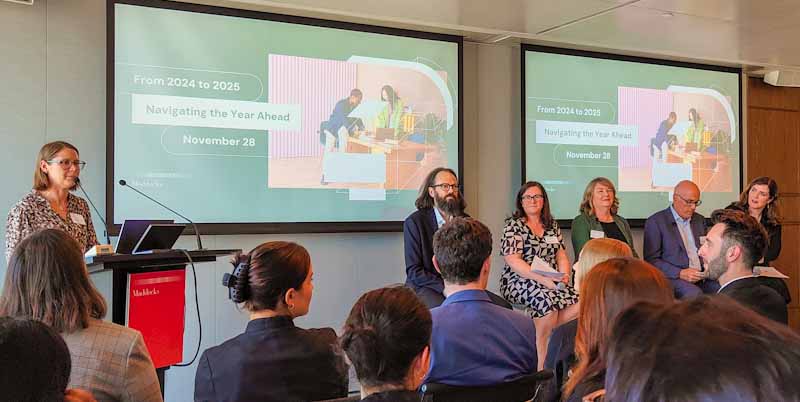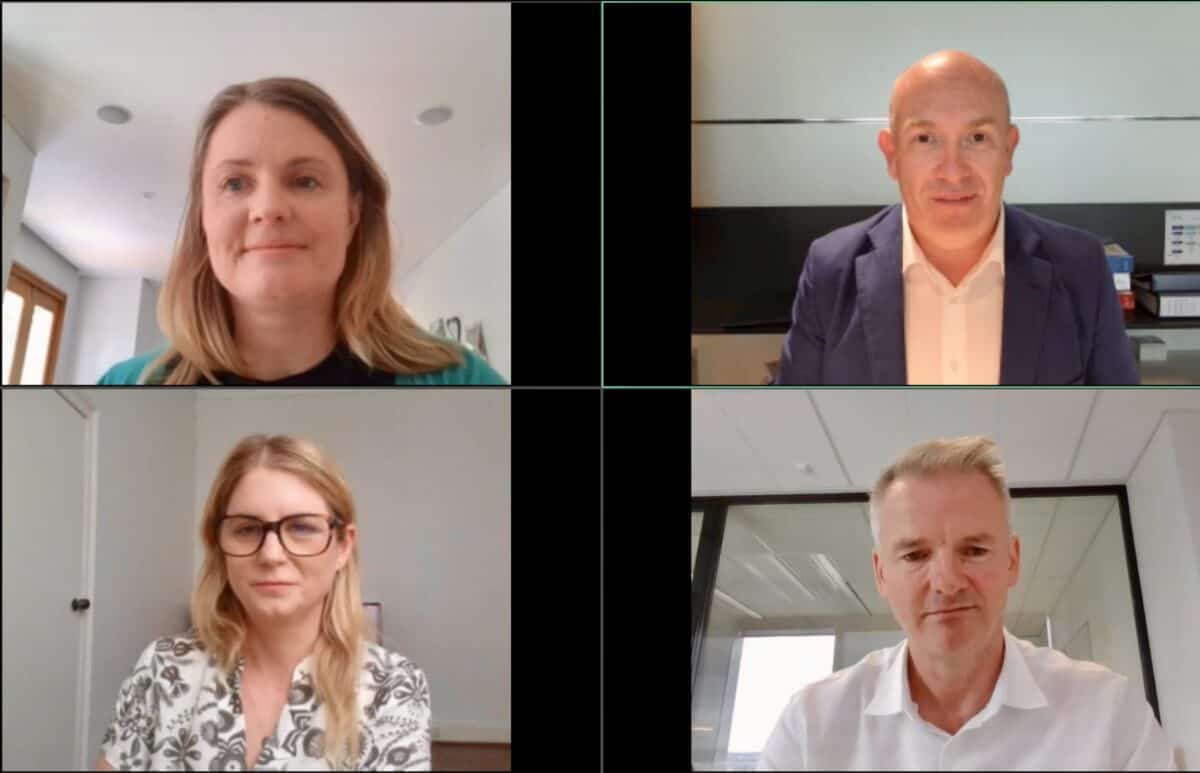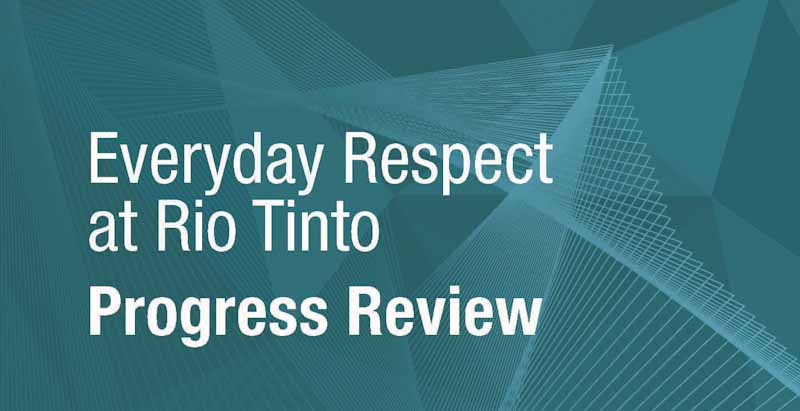Last week, Maddocks law firm conducted an end-of-year summary of its workplace relations issues and a forecast for 2025. Occupational health and safety (OHS) are almost inseparable from industrial relations (IR), so the overlaps between the four or five topics discussed were enlightening and provided a good contrast to the information from other law sources.
Category: mental-health
Our understanding of suicides is improving…..finally
[The following article discusses suicide]
In November 2024, Victorian Coroner John Cain said:
“”While our early research suggests that Victoria’s suicide rate has not increased overall, it is troubling that we continue to see no sustained reduction in lives lost.”
Cain has instigated a research program with the Melbourne School of Population and Global Health at the University of Melbourne to provide a better understanding of suicide trends and rates. An understanding supported and queried by an article (paywalled) in The Weekend Australia written by journalist Stephen Corby.
Another multifactorial approach required. This time on suicides
[The following article discusses suicides]
Suicide has been a running thread in this blog for many years, and the occupational health and safety context will continue to be examined. The issue appears in unlikely locations, such as a book translated from French called “The New Spirit of Capitalism”.
The study of suicide is finally overcoming the social stigma to accept that the causes are many, in work and in life, and that mental illness is not always present when people decide to die by suicide. Statistics have helped enormously in this by showing that rates of suicide have not declined, even with millions of government dollars going to mental health organisations.
Here are Luc Boltanski‘s and Eve Chiapello‘s thoughts on those causes and statistics:
Latest OHS News from Herbert Smith Freehills
One of the most important sources of information about occupational health and safety (OHS) is seminars organised by law firms. A great example was a webinar hosted by Herbert Smith Freehills on October 30, 2024, as part of its Safety Leadership Series. It was a general discussion on Australia’s most prominent OHS issues but outlined increasingly significant consequences.
How bad must it have been?
The corporate cultures of Australia’s mining industry have been under substantial scrutiny for over a decade. Sexual harassment, bullying, work-related suicides and more psychosocial hazards have been identified with strategies introduced to address the cultures that contribute to these occupational harms.
On 20 November 2024, Rio Tinto released a progress survey on its cultural change initiatives, which the Australian Financial Review (AFR) described as showing a “backlash” to these reforms. This survey is a significant document for those on similar journeys and for occupational health and safety (OHS) advocates.
What are the most substantial impediments to improving the health and safety of workers?
This is the second in a possible series of articles based on an artificial intelligence analysis of decades of audio interviews and recordings with occupational health and safety professionals, academics, lawyers and more used for this blog and my other writings. This time, I asked:
What are the most substantial impediments to improving the health and safety of workers?
Several substantial impediments to improving worker health and safety emerge from the conversations:
The United States approach to work health and safety is getting creepy.
For most of the world, Donald Trump‘s re-election to the United States presidency is a non-event. Politicians and journalists are really interested, but Trump has little direct impact on our lives, and his policies, morals, and political strategies will affect us indirectly. Perhaps the most significant impact will be environmental.
Our business leaders take inspiration from American companies and corporate cultures. Even though he has yet to choose his Secretary of Labor, there are indications that occupational health and safety (OHS) is unlikely to progress under Trump’s term. It is useful to be aware of how Trumpian corporate culture and values may affect (infect?) the rest of the world.






